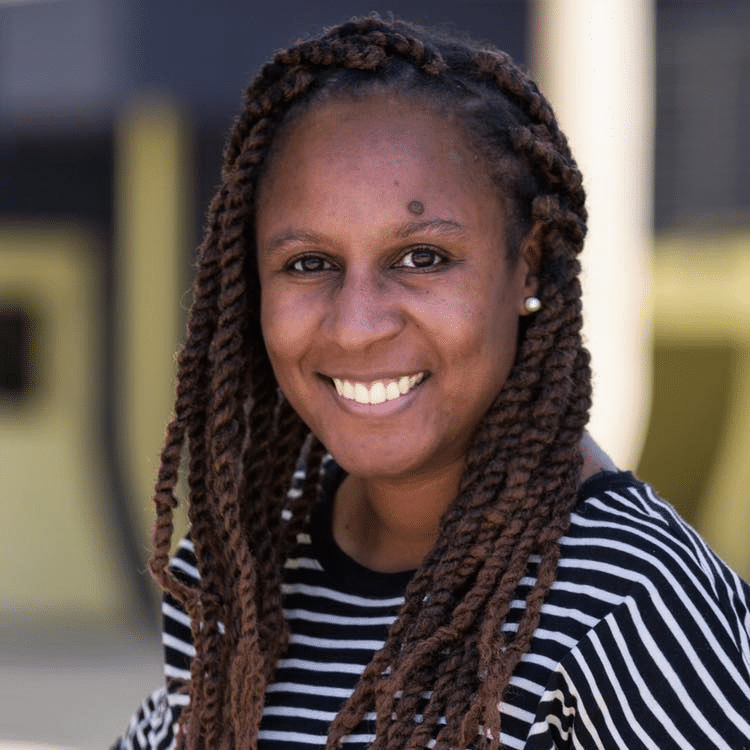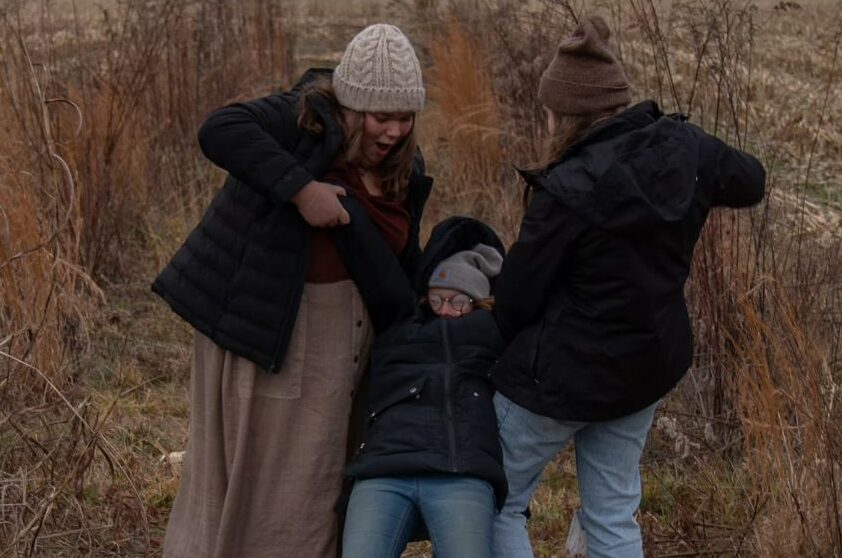
Written by Brent Phillips, CEO of Cherish Uganda
When we received the call to see if we had a bed for a little girl we did what we always do – ask questions and gather as much information as possible. This child, like many of the other emergency placements we have taken into our STCF (Short-Term Care Facility), has experienced more horror than I will ever experience in 10 lifetimes.
“She is HIV+ and living in an institution. She was a street kid and we believe her parents are dead. We do not know where she came from, so we have no idea of the whereabouts of any extended family. Can you take her? Because of her HIV status no one will take her.
This institution is a juvenile detention facility outside of Kampala, Uganda and houses many children who were gathered off of street corners, and children who are serving their sentences for crimes they have committed. I have been to many desperate and difficult places in my life, but this one tops the list. One meal a day of ground maize flour and sometimes beans, children sleeping on the cement floor fighting over dirty blankets, most wearing just one article of clothing, and the stench…This is not a place for anyone, let alone children. And This little girl? She spent 7 years there.
We decided we would take over the little girl’s Care Order. She showed up like you would assume she would – scared, quiet, unkept and leery of us. She was introduced to the auntie that would be caring for her and the 7 other girls she was going to stay with. She was given clothes, a basin, toothbrush, hair brush and her own bed, with a clean blanket. She had an appointment with our medical staff, took an assessment for our school and started to meld into life at Cherish.
The transition was not easy. She was a runner. You would be sitting with her and out of the blue she would take off running. Security would find her before she was too far and she would reluctantly come back. She was not used to rules, boundaries…and love, so she would run. She didn’t know where she was running, but she didn’t know what else to do. She couldn’t run at the detention center, so it seemed like a logical thing for her to do.
She started seeing our counselors. The first few months of counseling she would sit and stare at the counselor saying no words and virtually no movement. Then something changed. She would sit across the wooden picnic table under the jackfruit tree staring at the counselor, but now there were tears. Silent tears streaming down her face for an hour – still no words. Then it changed again and she started to speak. She would speak of the terrible experiences she had on the streets as she begged on the corners for money, food, or whatever anyone would give. She spoke of the things that were done to her at the detention center, by the children that were there as well as the adults who were there to “rehabilitate” her.
She then started to speak of her mother. Of how her and her mother came to Kampala so her mom could work as house help. She said her mother would drop her off to beg in the streets while she went to work. Then one day her mother didn’t come back to get her. And then the same the next day, and the next day and the next. When asked about the time before her and her mother came to Kampala, Joan started to describe the village where she lived, and the towns that were close. We started to put the puzzle pieces together and everything was pointing to a village in the north. We started to talk to her about possibly finding her family and reuniting with them. She seemed excited about the prospect.
As we drove around the village with her memories started to come back and started directing us. We ended up in front of a small mudbrick house. It appeared this was her home. We asked her if she wanted us to go and knock on the door and she immediately said, “No, this is not it. This is not the house I was born in.” As we continued to drive around the village her demeanor changed. She was now disinterested and unengaged. We then made the 7-hour drive back to Cherish.
Time goes on and she shares with us the mud brick house we had stopped in front of was indeed the house she was born in. “I was afraid you were going to leave me there and I didn’t want to be left there. And if my family finds out I am HIV+ they wouldn’t want me anyway.”
HIV is a problem. A significant problem medically and a significant problem socially. There are the drugs needed, the appointments to go to, the sicknesses to deal with and then there is the stigma and the misunderstanding that most have around how you contracted the virus and how it impacts those around them. Children with HIV are typically not educated and left in back rooms to die – quietly and out of the public eye.
A few months later our social work team finds themselves in front of the same mudbrick house. This time she wants to walk up and knock on the door. As our team approaches the house the fear is all over her face as she wonders who will answer and what will they say…or think. A woman answers and immediately starts to weep. She says over and over again, “We thought you were dead, we thought you were dead!” This grandmother, who cannot believe she is staring at her granddaughter, points to a woman digging in a nearby field and says, “That is your mom.” The team, the grandmother and the little girl approach the woman. The woman stands up, intently looks at her approaching and starts to run. She responds as her grandmother does – weeping and with unbelief that her daughter is alive.
The end of the story is yet to be written. The little girl is still at Cherish and her family is still in the village. We are working through how to prepare both to be reunited. It is complicated. We at Cherish believe a healthy family is better than any institution, no matter how good it is and we endeavor to do our best to build strong healthy families.
Instagram: @cherishuganda
Website: http://www.cherishuganda.org



